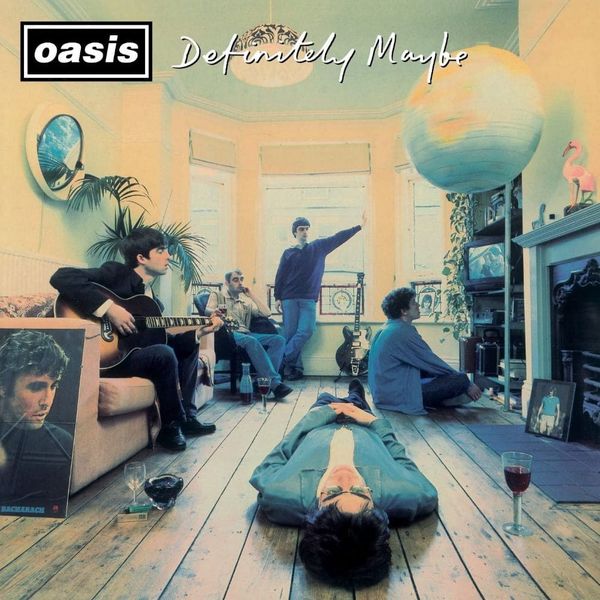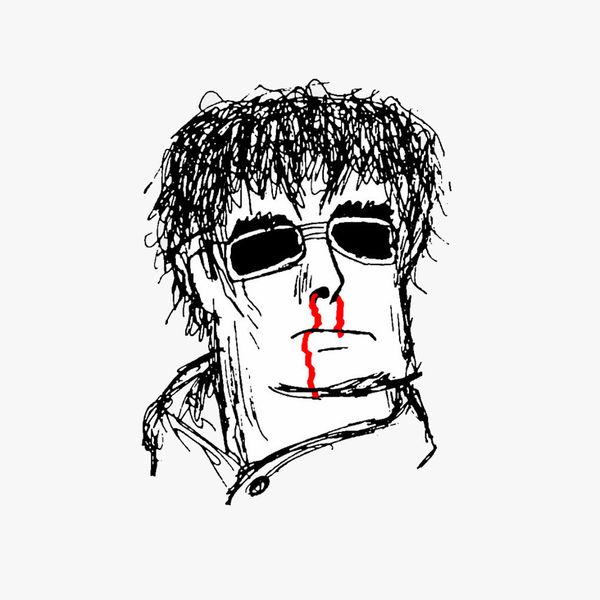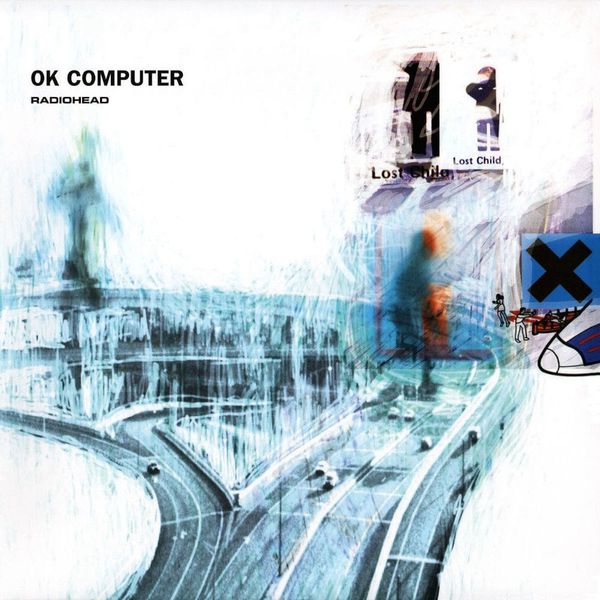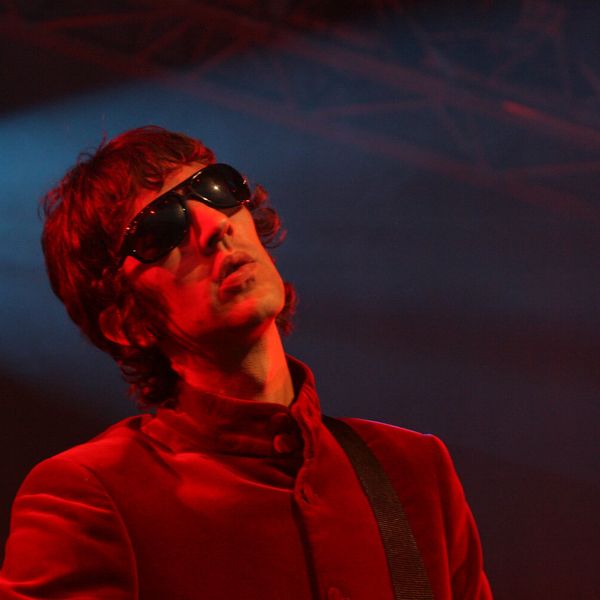André
Before the remarkable rise to fame and fortune, Richard Ashcroft earned the nickname ‘Mad Richard’ from the UK press, following numerous fascinating, often bizarre quotes. One such quote, taken way back in 1993, was particularly striking: ‘I can name you 50 bands who are doing OK now and in two years they will be forgotten’, said Ashcroft. ‘History will forget them. But history has a place for us. It may take three albums but we will be there’. As it turns out, ‘Mad Richard’ wasn’t so mad after all.
It’s a testament to Urban Hymns, The Verve’s definitive album, that it still manages to stand out in such an incredible year. 1997 was host to a handful of timeless records, some outright masterpieces. Hymns may not be on the same level, which is no major criticism given the sheer mastery of those other releases, but it remains a great record of its time. For some critics, Oasis’s third album of the same year, Be Here Now, was the moment that the Britpop movement ended, and Urban Hymns is often viewed as the hangover. But this doesn’t do Ashcroft and company justice. This wasn’t so much the end of Britpop as much as it was the perfect evolution.
It’s important to recognise the sense of scale that Urban Hymns flaunts; often exaggerates. Outside of the mammoth hit “Bittersweet Symphony”, these are straightforward songs, but performed with an importance that propels them to fabled status. Most of the songs were initially intended for an Ashcroft solo album, though there’s no hearing it in the music itself. Urban Hymns unmistakably sounds like the work of a band working in perfect, albeit hazy, harmony. The psychedelic and presumably drug-fuelled nature of “Catching the Butterfly” and “The Rolling People” is one of the records primary charms, and although the album is definitely on the long side, you could argue that the vivid vibe warrants such a length.
It’s an overwhelming, but vastly enjoyable experience — the essential Verve record. The dross that followed almost doesn’t matter. Ashcroft set out to make history, and the fact is we’re still listening to Urban Hymns twenty years later.
8 out of 10
Fred
If Britpop was the party, brimming with pomp and groove, Urban Hymns was surely its hangover. The record is a proper dark night of the northern soul — a tattered, vulnerable epic. The Verve’s seminal work sits snugly in a space between softness and dynamism, bringing uncomfortably numb sensations to the fore.
The record almost shimmers, mirage-like. It famously storms out of the gate with “Bittersweet Symphony”, and from the odes of “Catching the Butterfly” to the thunderous defiance of “The Rolling People”, there’s plenty of kindred spirit to feel throughout. ‘Come on’ extraordinaire Liam Gallagher even turns up for a visceral cameo. It’s a rich, understated spread of sounds to lose yourself in, and Richard Ashcroft’s vocals and harmonies are wonderful; sincere and effortless. Piety fades to psychedelia and back again. It’s quite a ride.
It can be a difficult tone to stick with for the full 75 minutes. Urban Hymns is coloured less by feeling than by its absence. The drugs don’t work, love don’t sound like no sonnet, and happiness, more or less (my lord). It’s real, and it’s intimate, but it does seep into the very soul of the music, which for all its solemn groove can often feel quite distant… icy even. Placed in context that’s appropriate — catharsis and clarity breaking through the cold British mist and all that — but it does cordon off the record to an extent.
I find it much easier to share in the melancholy of Urban Hymns than to love it outright. It needn’t give more, though. The album delves through a space mystic, misty, and oddly disjointed, and there will always be an audience for that. The album’s standing is unquestionable. It’s a classic of its time, if not quite a classic in its own right. In any overview of British music, one would do well to overlook Urban Hymns.
8 out of 10
Andrew
"Urban Hymns doesn’t quite feel like an album of the heady ’90s. It adds a touch of maturity and a dollop of reflection into the rasp of the decade’s earlier rock. Few Britpop albums before it would have been able to open with a track like “Bitter Sweet Symphony” without hobbling the remainder of the tracklist, and while an amazing track, Urban Hymns’ opener doesn’t overshadow the likes of “The Drugs Don’t Work”, a multi-faceted, personal, sentimental ballad, or “Catching The Butterfly” which follows it with a dreamy, soft-edged haze.
The tail end of the album offers more crunch in “Come On”, a near seven-minute guitar frenzy that feels spot on where other bands would have driven it into the ground by the closing moments. That sense of cohesion is reflected across the album and, for the most part, it does well to hide its length, which at seventy minutes could easily have grown tiring at its midway point. It doesn’t get away with it entirely, but Urban Hymns makes for an album of hits that have remained fresh, dynamic and, maybe most importantly, relevant twenty years on. Had it not come in a year of incredible music, it would no doubt get far more attention, but as it is, it remains a buried classic of Britpop."
8 out of 10



